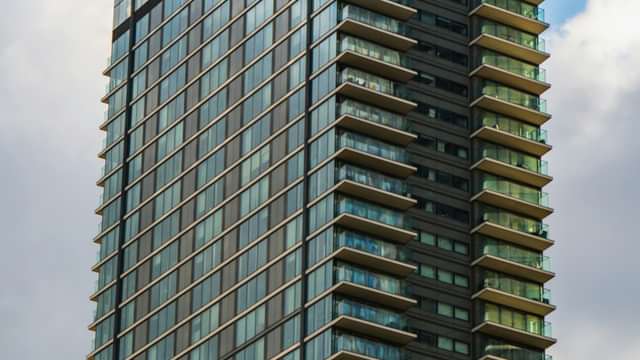HMO legislation was introduced on the premise that it should ensure that residential accommodation within the private rented sector was good quality, safe and well managed. A property that fell within the definition of an HMO had to obtain a licence from the local council. In order to obtain a licence, the landlords had to satisfy certain standards in respect of fire precautions, ensuring adequate amenities (kitchen and bathrooms) was available and that there was no overcrowding. This led to assumptions being made that this applied solely to poor quality unsafe housing. However, with local Councils having the ability to introduce additional licensing, the wide reach of this legislation has come as an unpleasant shock for some landlords. In London, some boroughs require HMO licences to be obtained where a property is let to 3 or more tenants forming 2 or more households. This applies regardless of the level of rent payable and whether it’s a well managed beautiful penthouse apartment in a leafy part of London.
The consequence of getting it wrong can be severe, with Landlords can face prosecution, civil penalty order of up to £30,000, fines, rent repayment orders requiring part of the rental income to be repaid to tenants and the landlord being unable to obtain possession of the property from a defaulting tenant as and until a licence is obtained.
In October 2023 we saw a further significant development in the widening of this legislation by the decision by the Court of Appeal in Global 100 Ltd v Jimenez & Ors. This decision in one fail swoop destroyed the modus operandi of the guardians service offered in respect of vacant properties. The property in this instance was occupied by about 10 - 12 property guardians under short-term licences. The guardians were:
- required to sleep on the premises five out of seven nights;
- required to report any damage or unauthorised entry;
- not permitted to leave the property empty; and
- not permitted to conduct a business or hold meetings on the premises.
It was held by the Court of Appeal that the use of property was for living. accommodation and it was an HMO for which a licence was required. The side effect of the guardians’ presence to deter trespass or damage did not have any bearing and the focus was on their use of the living accommodation as their main residence.
As you can see HMO’s can come in different shapes and sizes but the rules are the same and the Jimenez case serves as warning that a cautionary approach to residential letting should be adopted.














































































